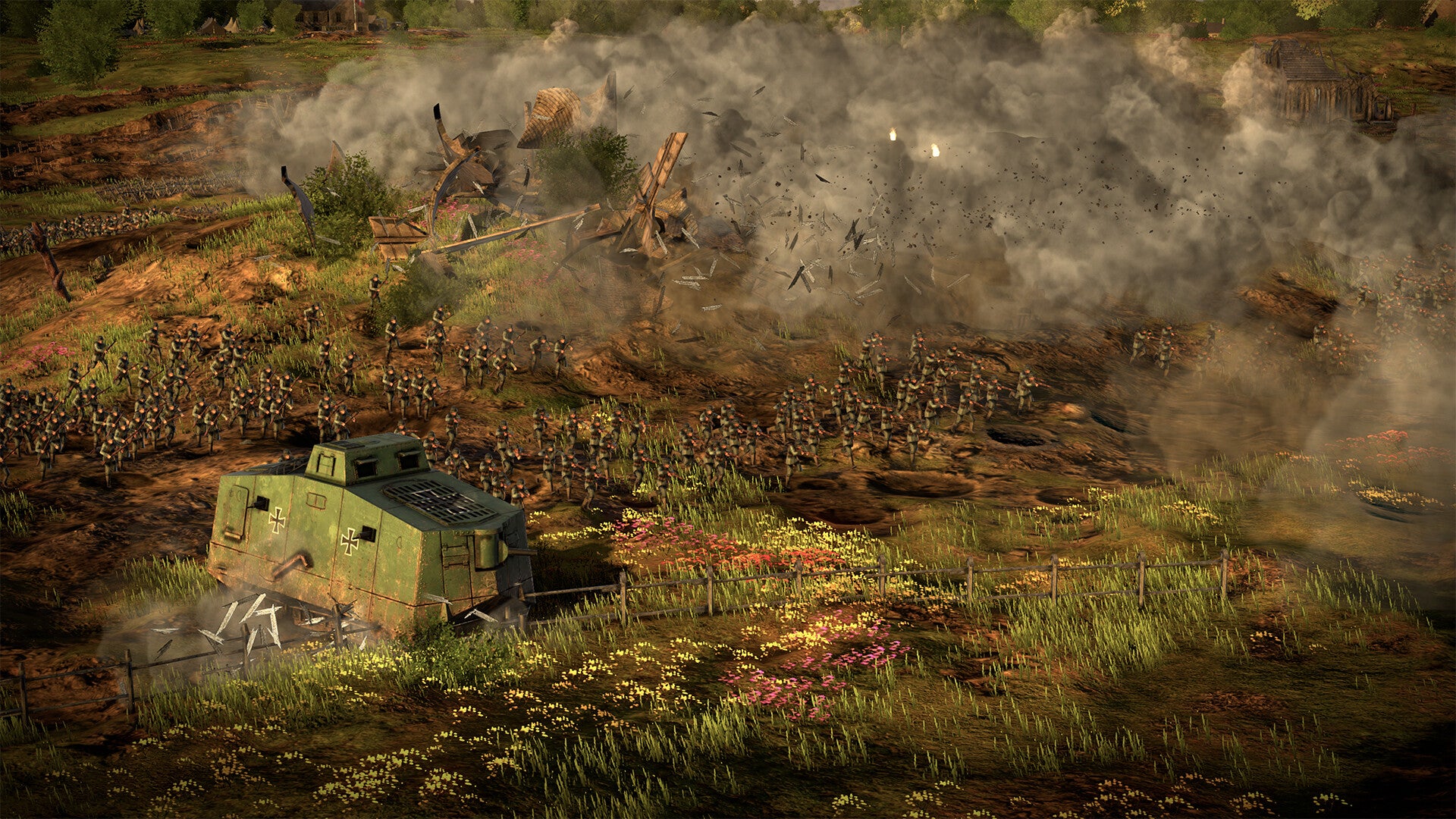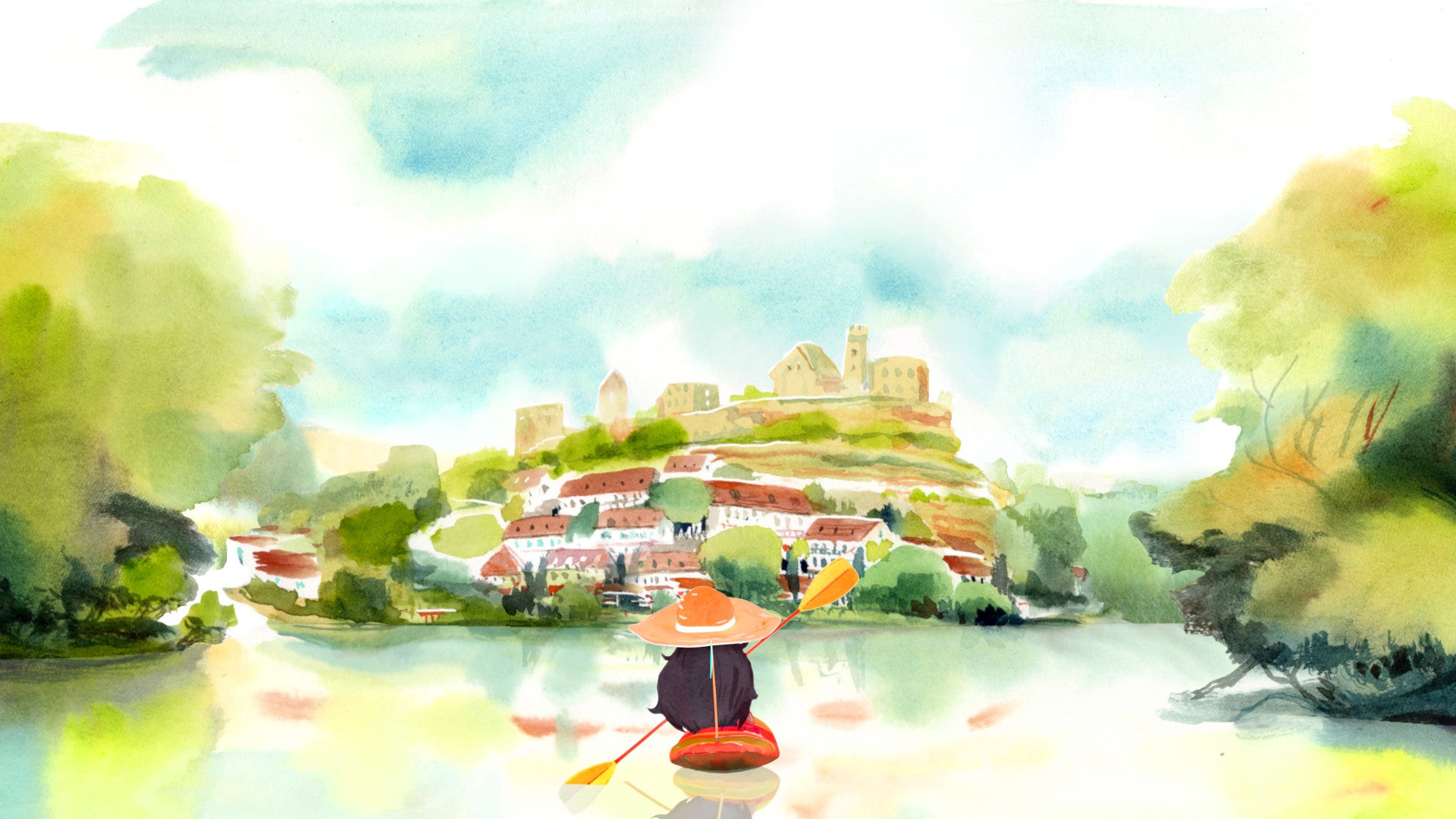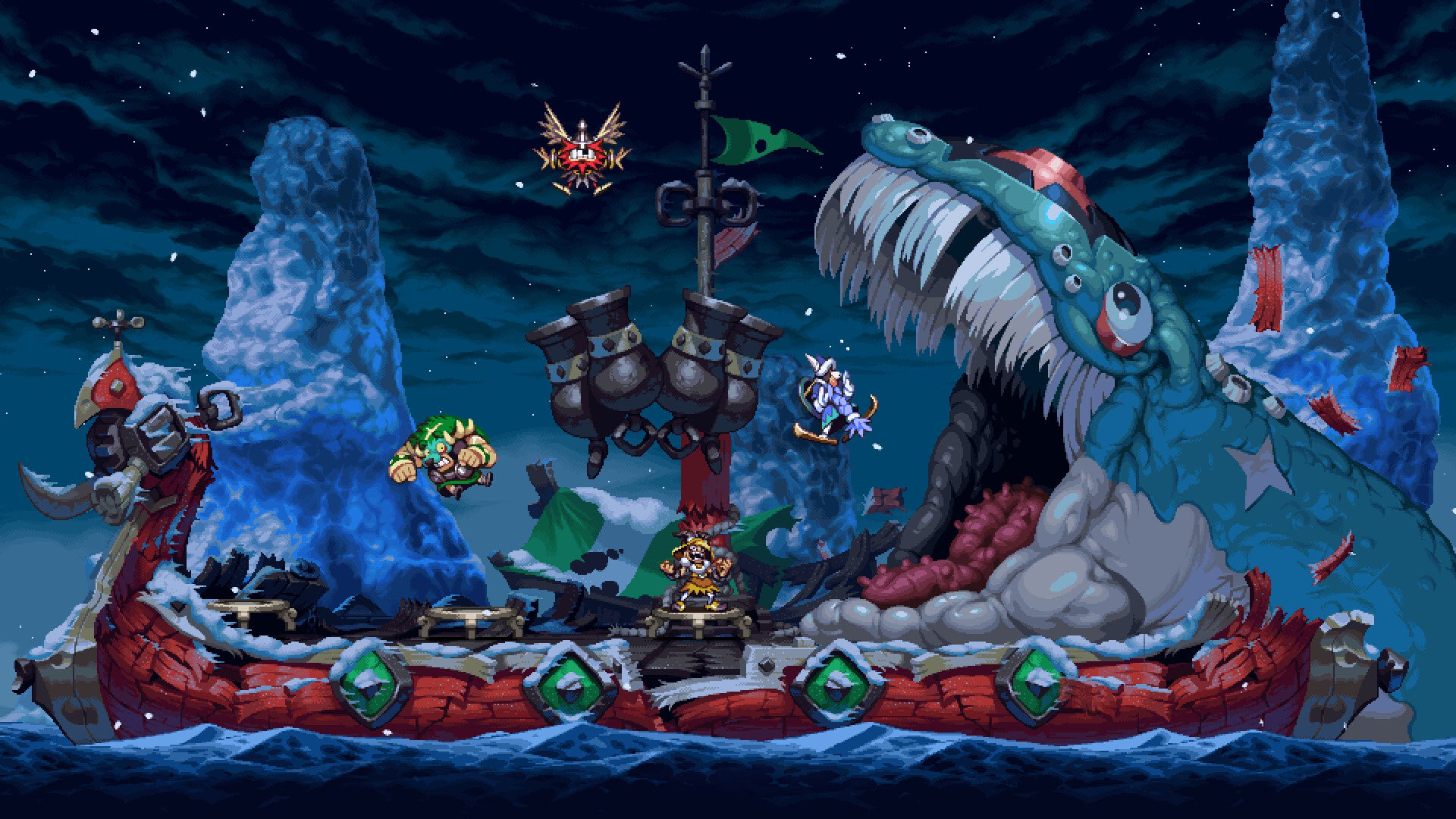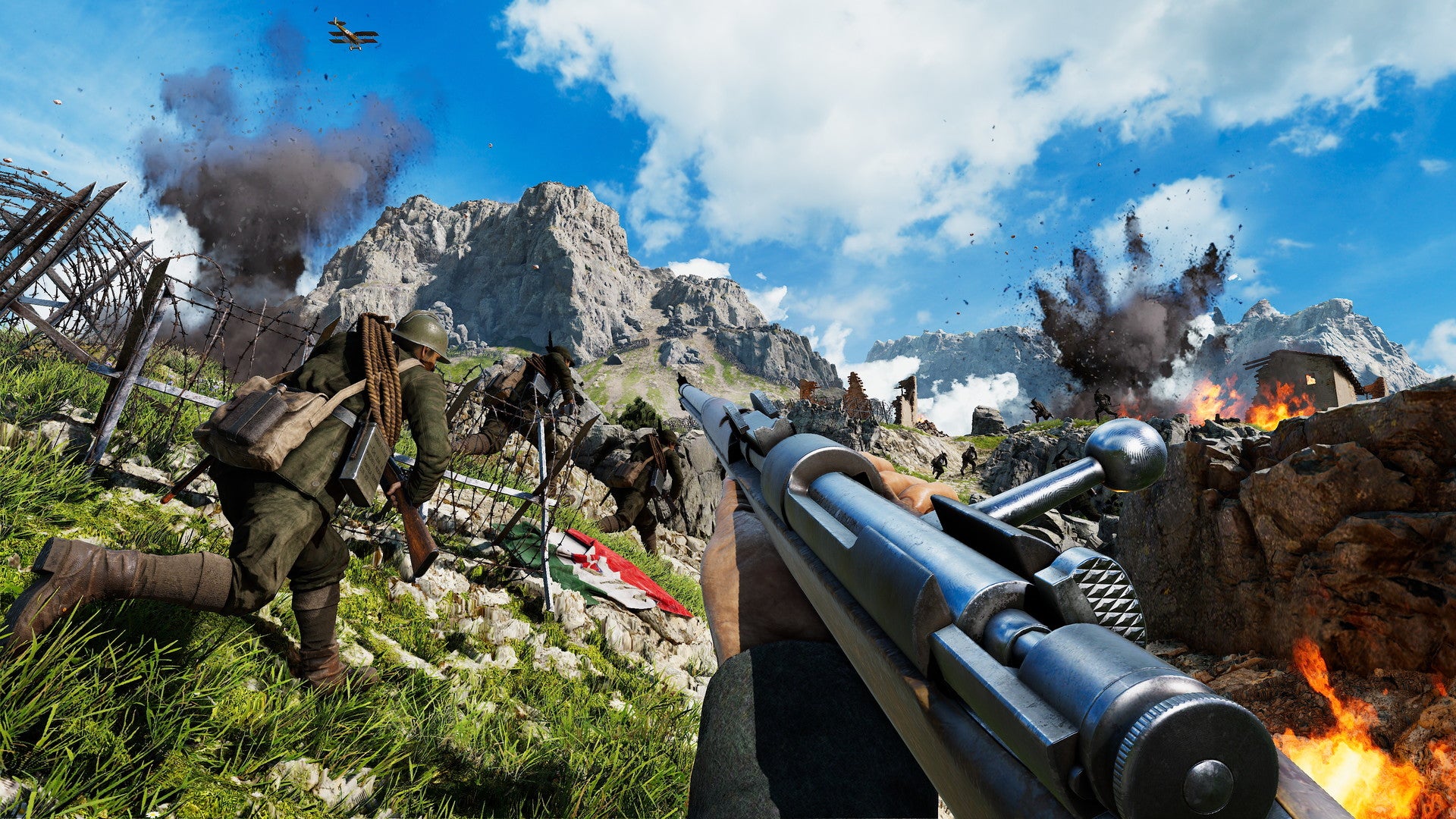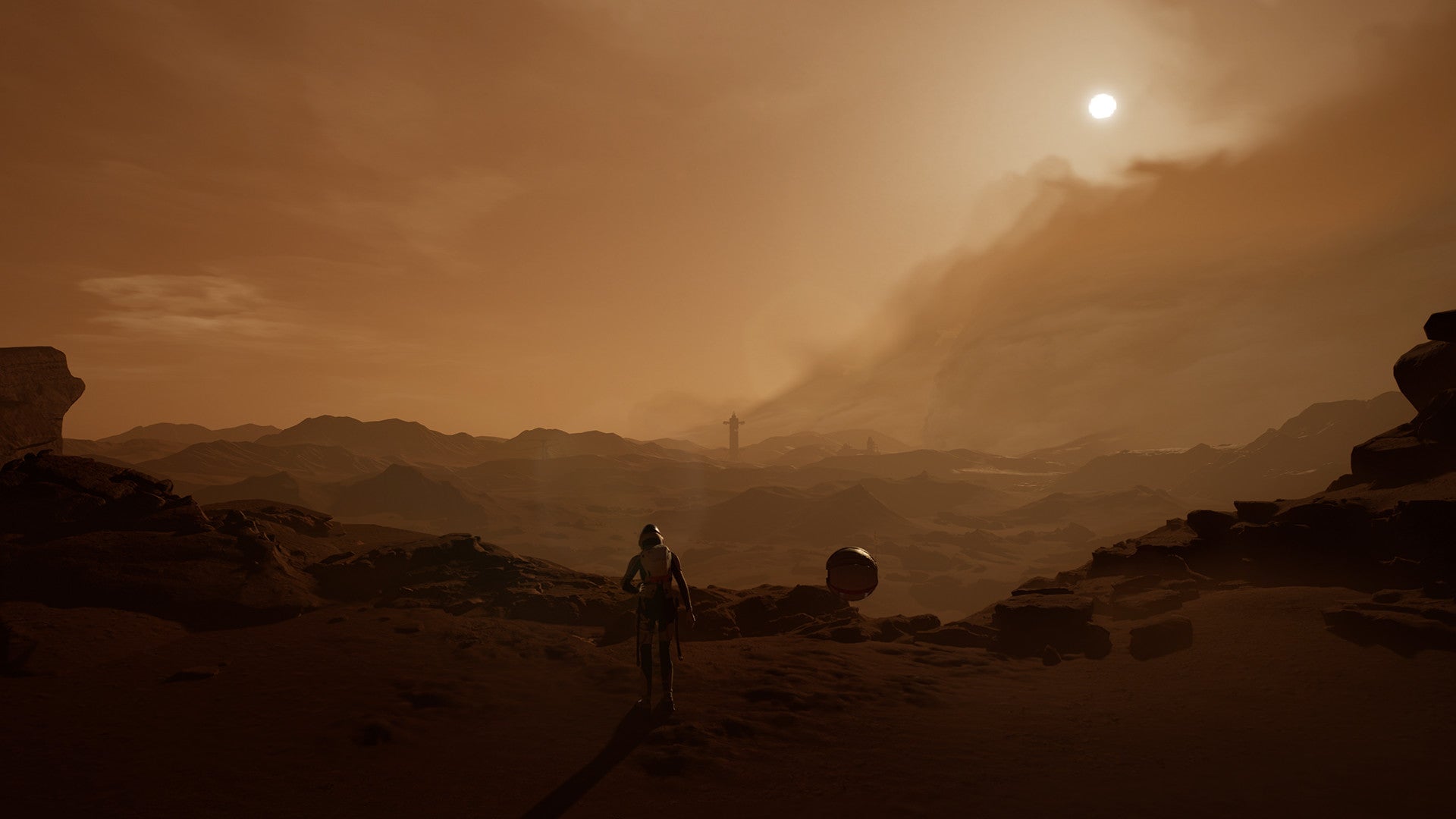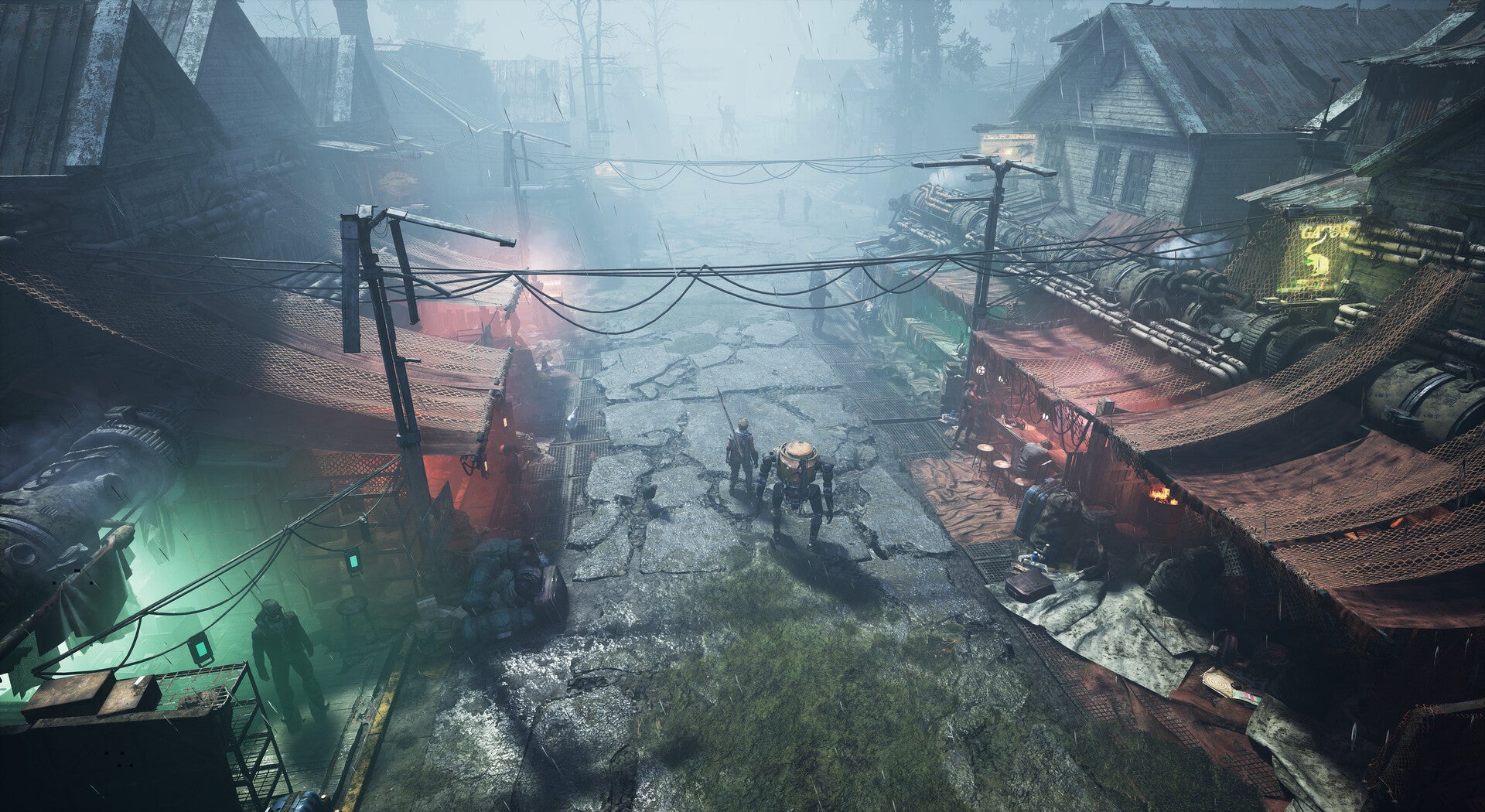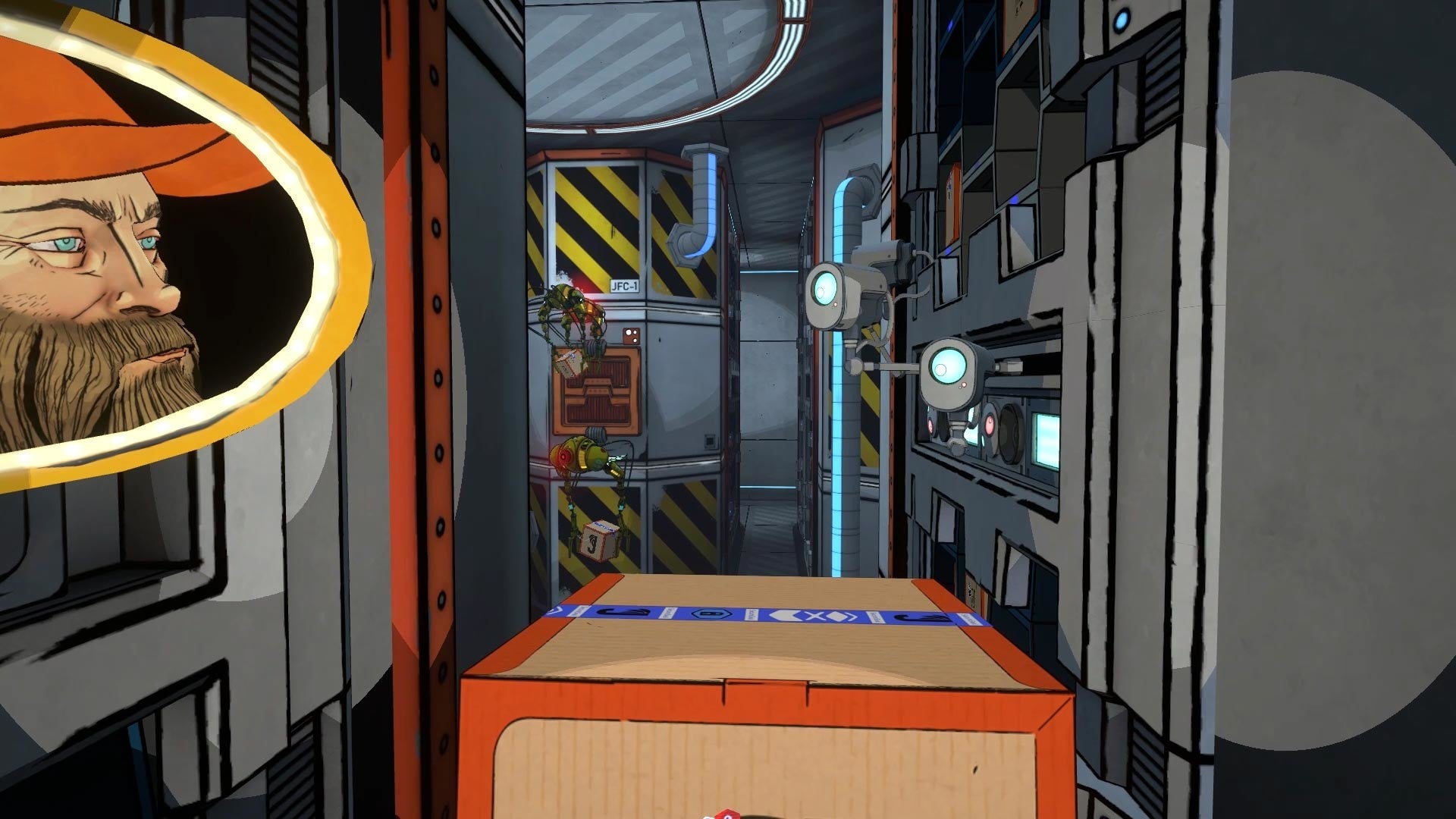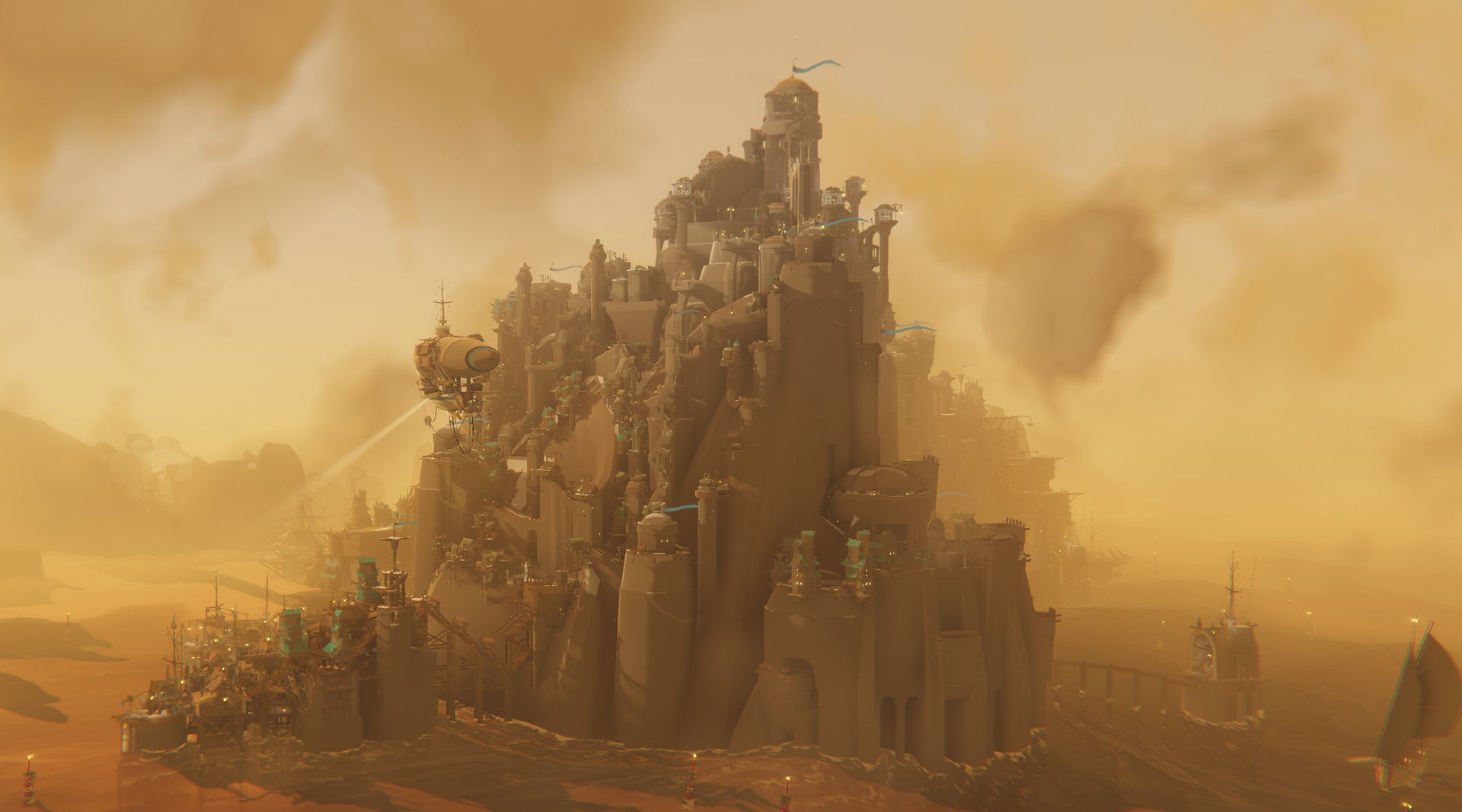But! There are more games than just these big, obvious ones coming soon, and they very much deserve your attention, so here’s a rundown of all the other clever, inventive, or just generally interesting curios that impressed us from the show.
The Great War: Western Front
Release date: 2023 Platforms: PC A realistic, First World War RTS, The Great War: Western Front’s pitch may sound well-worn (and decidedly Gamescom), but it comes from a team with serious pedigree in Petroglyph, the developers of the original Star Wars: Empire at War and, much more recently, the very well-received Command and Conquer remake. It also comes with a nice twist: battles don’t have to be outright won or lost, like a traditional RTS, but simply ended at the right time. This makes it a game of “marginal victories,” as the developers put it to us, where it’s as much about conserving resources - or draining your enemy’s - as it is outright winning territory. This is all delivered in some typically impressive wrapping. Petroglyph is shooting for realism, as you’d expect from the genre, with nice touches like real photography and music decorating the UI, and a massive suite of options for battle, from rolling smokescreens to undermining tunnels below enemy structures, to a heavy emphasis on trench warfare, visibility, and movement. We saw enormous enemy charges mowed down because they were poorly thought-out, while strategic manoeuvres to cover progress with smoke and flank a dug-in opponent worked well. Music to the ears of hardcore RTS history nerds everywhere.
Dordogne
Release date: 2023 Platforms: PC, PS4, PS5, Xbox, Switch Frenchness in a video game, this - meant in the best possible way. Dordogne is a micro-developer indie, set in rural France, presumably at the soporific end of summertime. You play as a woman who returns to her grandmother’s house after her death, and flash back to your childhood there, the aim being to explore the house and its surrounding area for words, sounds, and images, capturing them by literally clicking on emotive words like “tranquillity,” nestled amongst some swaying trees on a woodland path, or snapping polaroids of picturesque scenery, or using a cassette recorder to capture the sounds of running water by a stream. It’s French like haute cuisine is French, art delivered via a formal, almost literal structure. Maybe a touch on-the-nose, but a wonderfully direct and, undoubtedly, tranquil take on mindfulness-as-play. And its genuinely beautiful watercolour surroundings certainly help.
Vikings on Trampolines
Release date: TBC Platforms: PC, PS4, Xbox An aggressively simple premise, but with sumptuous pixel art and personality behind it, from the team who made the brilliant Owlboy. This one was created with one of the developers at D-Pad’s little sisters in mind, originally dreamt up years ago when he was a teenager, so she could play it with just a single button. You use just the one joystick to play, as you may have guessed, as a Viking jumping on a trampoline. There are a few modes, some co-operative, like the main adventure mode where you dodge enemies to bonk on the head of bosses, while others are more of a free-for-all. A great party game, albeit a test of how far a simple, clean premise can get you.
Isonzo
Release date: 13 September, 2022 Platforms: PC, PS4, PS5, Xbox Isonzo is the third in a First World War shooter trilogy from BlackMill Games, following on from 2015’s Verdun and 2017’s Tannenberg. These have a good reputation with the hardcore, sitting somewhere on the multiplayer FPS spectrum between the more arcadey tone of Battlefield and actual hardcore direction of something like Hell Let Loose. Emphasis has been put on upping the stakes this time, achieved by changing spawns so that people charge as more of a single, epic push. There’s a more summery vibe to things, with the game set in the Italian mountains and bringing in some impressive elements of realism, including all the staples like major destruction (you can blow up bridges) and nicely detailed environments. You play through things called offensives, with 1-3 maps per offensive and 2-6 sectors per map, essentially like a giant, ongoing game of Battlefield’s Rush mode, if that’s your poison. Focus for the hardcore will be on incremental tweaks to things like the gunplay, with automatic mantling and a smoother experience overall, and more diverse classes and playstyles to choose from. For newcomers, it’s an impressive, strategic shooter that’s a step up in involvement from its triple-A cousins.
Deliver Us Mars
Release date: 2 February, 2023 Platforms: PC, PS4, PS5, Xbox Shoulders have always been the scourge of the double-A game, and they remain so in Deliver Us Mars, a sci-fi, exploratory narrative game that’s really all about its brilliantly QWOP-y climbing. This is made by a very small team - hence the slightly awkward shoulders - but it brings in a few extra elements on top of its predecessor, Deliver Us the Moon (the team at Keoken Interactive emphasise that you won’t need to have played that to know what’s going on here.) The puzzles are a little simple - think Portal puzzles about lining up beams of light across a couple rooms, but without the portals to spice that up. The real hook is the climbing, which requires a weird kind of rub-your-stomach, tap-your-head coordination across holding and releasing both triggers. Think Tomb Raider in space, and swap your guns for pickaxes - better analogies escape me, but please believe me when I say it’s a weirdly addictive mix.
Miasma Chronicles
Release date: 2023 Platforms: PC, PS5, Xbox Series X/S Miasma Chronicles is a real-time tactical hybrid - in other words, you run around the world with your party at your side, in the style of a CRPG like Divinity: Original Sin, and then when you get into combat, things move into an XCOM-style turn-based tactics game. It’s from the team behind Mutant Year Zero, which used the same kind of format and seems, therefore, to be quite a natural successor. It’s also just generally a neat mix, and a surprisingly pretty one at that. Miasma’s main protagonist seems to come from the Jedi Fallen Order school of freckled American whippersnappers, but the rest of the cast on show are brilliantly inventive, as developer Bearded Ladies has shown a knack for in the past. A tin-can robot is your main ally (you get three people in your party with one swappable), while around the hub town you’ll talk to a detached head in a jar (complete with cigar) who is the mayor, and spend your missions blowing up oversized humanoid toads from behind half and full cover. They’ll drop loot, namely in the form of plastic, this game’s version of post-apocalypse cash, as well as collectibles and items that afford you various upgrades, including a kind of Force Throw - hello there again, Cal Ketsis - and that feeds back into the cycle of exploring, fighting, upgrading and repeating. It’s a pleasant surprise, remarkably lovely to look at, and the kind of tactical chess-shooter I can see myself sinking hours into with ease.
The Last Worker
Release date: 19 October, 2022 Platforms: PC, PS5, Xbox, Switch, Oculust Quest (VR) The refreshing thing about The Last Worker, by comparison to some other games with political undertones, is that it is thoroughly unafraid of going on the attack, aiming to wield comedy as the “lance” described by Chris Morris (and approvingly retweeted by the developer). Its pitch is strong enough - writer-director-producer Jörg Tittel, who is as wonderfully acerbic in person as he is through the vehicle of his game, is also frightfully well-connected, having come to games via the back door of film, and so The Last Worker is laced with talent. Mick McMahon, the comic artist behind Judge Dredd, worked on the concept art; Oliver Kraus, who’s worked on a number of Hollywood films and with artists like Adele, handles the score. Jason Isaacs heads up a glittering cast. You’ll work your way through this infinite maze of tat with a grab gun and a companion who tempts you into rebellion. That brings the likes of Portal to mind - especially when mixed with the kind of workplace motivational poster banter that Portal introduced to games. But with mechanics taking a backseat to sheer intensity of tone, whether The Last Worker lands will depend far less on its already impressive pedigree - and more on how smartly it can use that lance.
Bulwark: Falconeer Chronicles
Release date: TBC Platforms: PC, others TBC Thomas Sala, the man behind The Falconeer, is back with a curious not-sequel in Bulwark: Falconeer Chronicles. Set in the same universe but 30 years later, after the war of The Falconeer, you’re now in charge of rebuilding, rather than fighting the war itself. The real hook is how curiously hands-off the game is, at least in this early state. Sala showed us the building in action - a kind of semi-automatic system where you effectively point a town in a direction and off it goes, all blossoming spires and spurting limbs of wooden jetty. This is all contextual, he tells us. Areas closer to waterfronts will be more ramshackle, for instance, while higher towers more glamorous, reflecting the preferences of the wealthy. Access to different resources will change the nature of the structures, sea routes can be opened for trade, giant, wonder-like areas discovered out at the ocean and skirmishes from enemy factions resisted. All of this happens without much, if any, of a UI. So no numerical values to how much wood or stone you might have, say, and no specificity to what exactly you’re building or where (Sala was told to put more of that in, he said, but more or less replied “no”). The result is something that looks a bit like magic, born of a charming stubbornness of vision. Let’s hope Sala digs his heels in.
Floodland
Release date: 15 November, 2022 Platforms: PC Video games, above any other medium, must surely have the highest number of art styles inspired by garbage. Floodland is another - a clever, and somewhat inspiringly switched-on take on the “society builder” genre that sees you rebuilding civilisation after a climate catastrophe. Progress works like this: you rescue people, who you then put to work scavenging from the environment, be that picking berries or finding drinkable water or, you guessed it, harvesting trash, which becomes a key building material. Slowly your recycled society grows, and so you’ll need to develop more sophisticated technology, explore and expand further across the land, and reintroduce laws and structure once more. It’s not the best at explaining itself - we, and a few others around us, soon found things suddenly coming to an end as resource income collapsed. It turned out we’d missed a load of starter deposits dotted around the early game island that didn’t exactly make themselves known, and so momentum was almost impossible to build. Things were much swifter at the second time of asking though, and balancing the many arms of the survival scales, alongside a more progressive spin on the old explore, expand, exploit, exterminate mix, makes for an enjoyably modern take on an otherwise staid and stoic genre.
